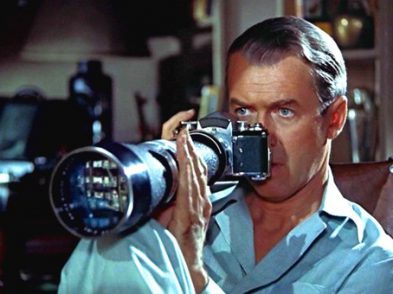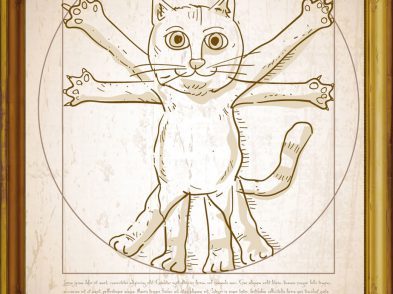The Medici family is the subject of intense study, with real and imagined portrayals in books, novels and more. But what about those who served and lived in that household? Many whose names were well known at the time have faded into obscurity. One such member of the Medici household was an Englishman called Peter Biddulph, whose career took countless turns before he found his role there.
Peter attained certain notoriety early on in his life. Born in 1600 into a Catholic family that had refused to submit to the edicts of the Reformation, he was one of six sons of Richard and Ann Biddulph of Biddulph Hall, Staffordshire, England. He and his two brothers, out of necessity in those times of persecution, took the alias of Fitton and trained abroad to become priests.
 Biddulph Old Hall
Biddulph Old Hall
He entered the College at Saint Omer aged 13, and by 19 as a paying student, the English College in Rome, where he was described as being, ‘of noble parents, brought up in Staffordshire and Lancashire, where he studied Greek and Latin. Now healthy, sometimes suffers pain in his head and loins. Never a heretic. Has never desired to be an ecclesiastic’. This ill health was to continue throughout his life.
Soon, however, his life was linked to a single event that carried his name: the -‘Fitton Rebellion’- of 1623. The English College had a Jesuit administration that also taught seminary students not in the orders. Discord between the Jesuits supported by students in the orders and the seminary students had become acrimonious by 1622-23. Fitton, along with 13 other students, was accused of insubordination. On hearing of this, the pope sent his representative known as ‘the visitor’ to inquire. He did more than inquire, however, thereby undermining the rector’s authority. Some of the students were ordered to do penance; others including Fitton were expelled and sent to Douay, France, to finish their studies, yet they carried with them a letter proclaiming their innocence of any charges.
Fitton describes his predicament in a letter:
This thing did so incense the Jesuits and all others against us three and especially against me … Father rector’s opinion of me is that I cannot do this out of any other end, but merely out of spite: and thus I doubt not that he will inform my friends in England. Wherefore, I desire you to prevent Father rector’s letters, and procure that my father [Richard Biddulph] and friends be informed how all the matter stands …
The event distanced him not only from his father but also from his brothers who were by then priests in Valladolid. This estrangement was furthered by exchanges of encoded letters between the rector and the family’s priest residing at the hall, who was also a Jesuit. When his father died in 1636, it is probable that Fitton was excluded from the will; over a decade had passed but the ‘rebellion’ had not been forgotten.
Ordained in 1625, Fitton was, in 1631, appointed as the clergy agent or representative of the seminary priests of England and Wales in, of all places, Rome.
We know however that by 1635 Fitton, his workload affecting his health, wished to leave Rome for rest, but he was unable to be released from his duties. Surreptitiously visiting London in 1642, he was described as a priest at large, (a treasonable offence punishable by a gruesome execution) and indicted. We next hear is that he is appointed dean of the chapter for England in 1644, which he oversaw from Paris due to the English Civil War, which reduced the family home to a romantic ruin. He was back in Rome in 1646-47.
But by 1655, Fitton had obtained a position in Florence as archivist/librarian to Cardinal Leopold de’ Medici, the brother of the grand duke, Ferdinand. At 55 he seems to have found quietude and possibly his true vocation, however brief it proved to be. For two years he catalogued the grand ducal collections, including intaglios, corresponded with fellow antiquarians in Paris and Rome, and drew a salary from the royal treasury. At the end of his life, in 1657, ‘Pietro Fittone’ was known as a distinguished antiquarian with a great knowledge of coins, medals and statuary. His last resting place has still to be looked for.
Did he write it?
In the 1950s, the only surviving copy of a play in English from 1629-30 was discovered in the archive of the English College Rome. Titled ‘Hierarchomachia or The Anti-Bishop,’ and missing quire seven, which would have dealt with the events of the Fitton Rebellion, it had circulated in Rome, Paris and England. It is a one-sided view of the events and authorship points to it being by Peter Fitton – the characters’ names are easily recognisable anagrams as being those of the real-life participants. (See Hierarchmachia or The Anti-Bishop, edited by Suzanne Gossett, 1982)




